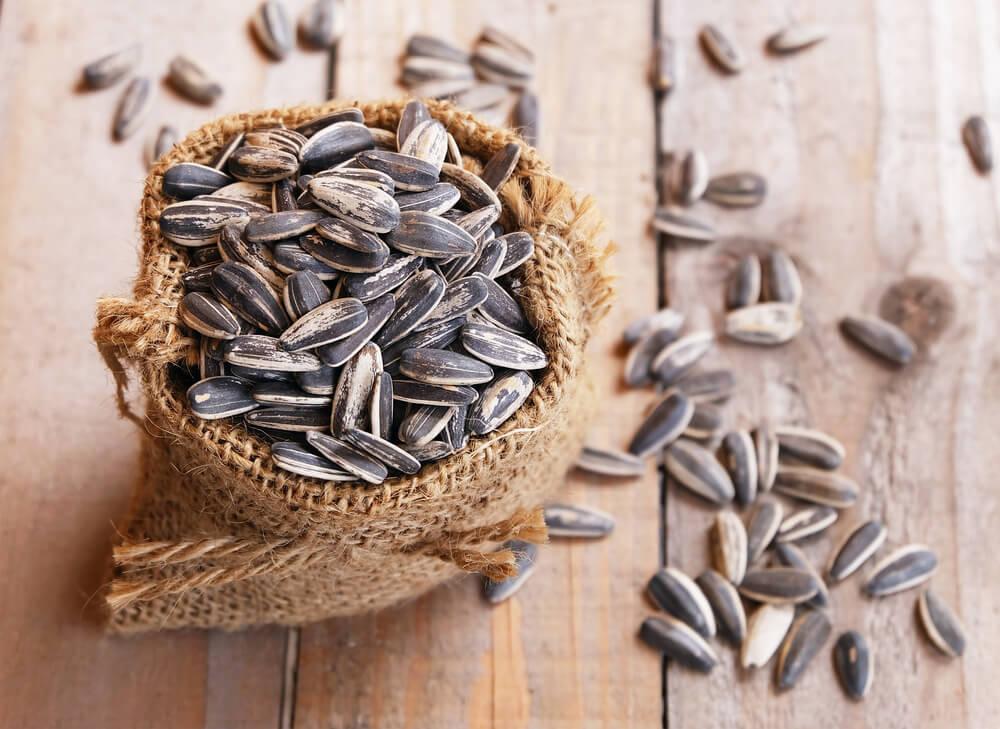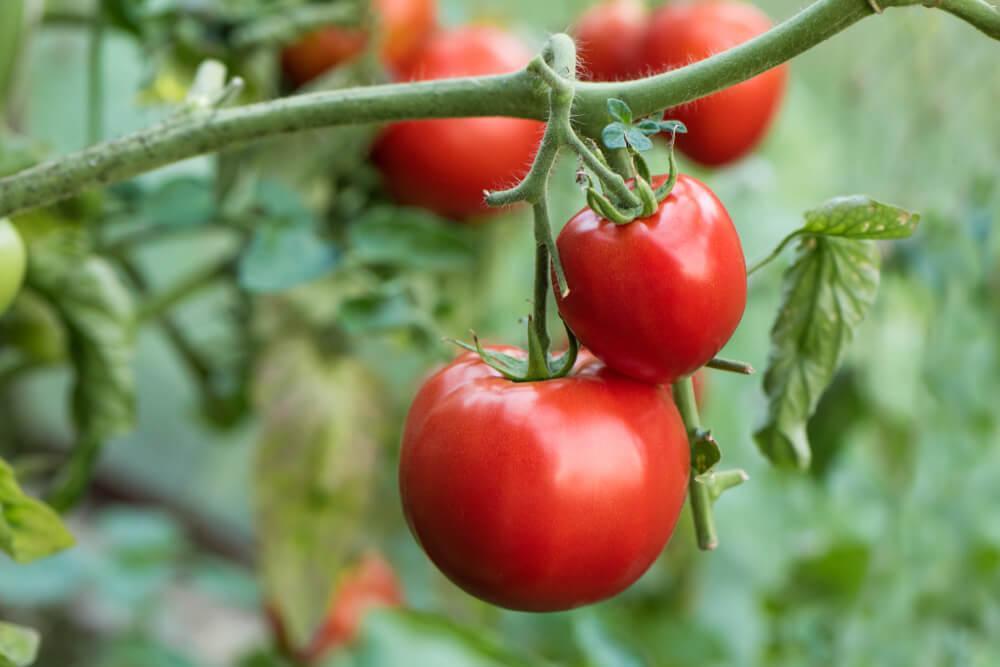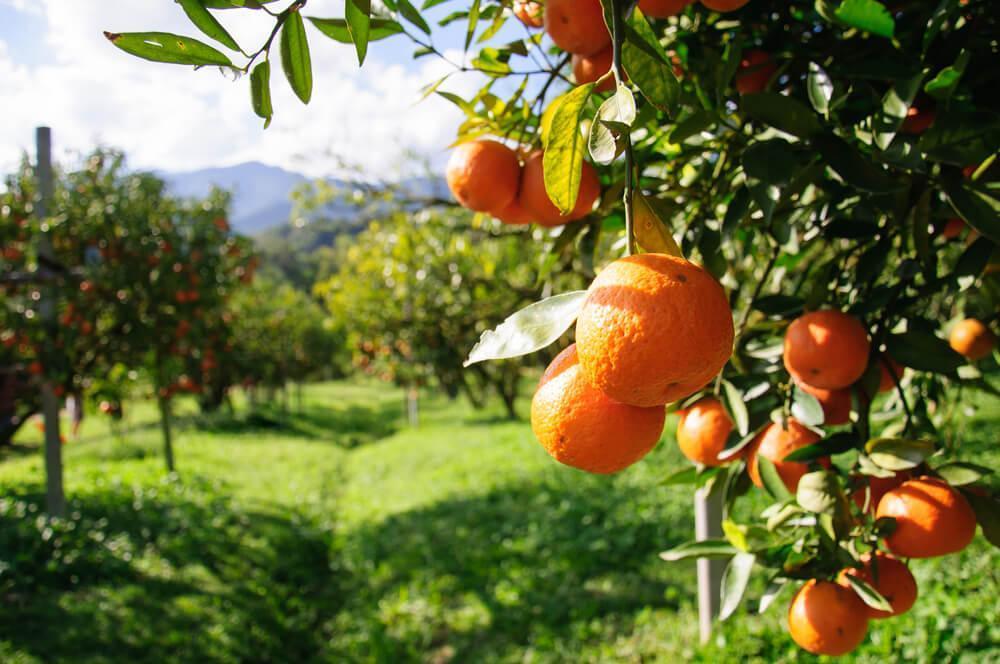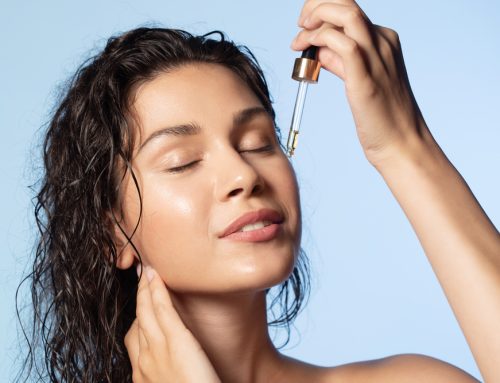Don’t you just wish for a magic potion that could reverse skin aging and prevent zits from popping up ever again?
Unfortunately, there isn’t. We are stuck with what our genetic pool has blessed us with and hope that aging doesn’t hit us faster than it should.
Thankfully, there are antioxidants that can help prevent skin damage. According to a PubMed study, the best prevention strategy against free radicals is a balanced diet that consists of antioxidant-rich foods.
You may have heard about free radicals. But you might still be wondering:
What exactly are free radicals? And what can antioxidants in food do to stop the damage they bring?
Free radicals get a bad rep. But the truth is, they help neutralize bacteria and viruses in the body. Trouble begins when there are too many free radicals present in our system that our bodies can’t cope with them.
Excess free radicals from pollution, stress, and smoking trigger the onset of diseases. The imbalance between the number of free radicals and our bodies’ ability to counteract them is one of the reasons why we get sick and suffer from bad skin.
To counteract these effects, we need to get as much antioxidants as we can to reduce our chances of developing chronic disease and getting dull, blemished skin.
How Do Antioxidants Help?
Antioxidants are great in protecting our bodies from diseases by removing free radicals. When you’re healthy on the inside, it’s definitely going to show on your skin.
The dewy, bouncy, and blemish-free skin that we see on the Internet? It’s not just a fantasy. It turns out that beautiful skin is achievable with proper skincare and good nutrition.
So how do antioxidants help? Here’s how:
1) Prevent the Signs of Aging
You can’t hide the telltale signs of aging unless you go through surgery or have an extremely pricey facial. But you can prevent them from surfacing early with the help of antioxidants.
When the body can’t cope up with the surplus of free radicals, it goes through oxidative stress that breaks down collagen in the skin. This leads to inflammation, which usually takes the form of acne breakouts, fine lines, and uneven skin tone.
Antioxidants hunt for these free radicals to eliminate them and prevent further skin damage. Loading up on foods rich in Vitamin C (a popular antioxidant) can help delay skin aging.
2) Reduce the Chances of Sunburn
If you’ve spent considerable time under the sun without SPF, you know that a painful sunburn is sure to follow. Not to mention wrinkles, too.
The sun’s harmful rays can trigger a lot of skin problems including diseases such as skin cancer.
Antioxidant-rich foods contain anti-inflammatory properties that lessen the skin’s vulnerability to the sun’s harmful rays. Moreover, they help calm down a flaring breakout that most beauty creams can’t handle.
Although certain foods can help decrease the chances of sunburn, it’s a must to put on sunscreen no matter the time of day.
3) Help the Skin Repair Itself
So you have acne scars, fine lines, and whatnot. Surely you’d love to get rid of them all, right?
Antioxidants like vitamin C can help you in that department by reducing inflammation and stimulating collagen production to help in achieving a youthful glow.

Although the results are not immediate (after all, skin repair takes work), you can rest assured that the antioxidants are working doubly hard in keeping your skin youthful.
4) Brighten Skin Tone
Sun exposure and free radicals are a recipe for photodamage. They cause dark spots and uneven tone.
If you have any skin pigmentation, you can benefit from adding antioxidant-rich foods to your diet.
Some antioxidants like vitamin C also act as a melanin inhibitor. That means they slow down melanin production that darkens the skin and cause uneven skin tone.
5) Prevent Skin Cancer
It’s amazing what antioxidants can do not only for the skin but also for our overall health. Vitamin C-rich foods have anti-carcinogenic properties that help thwart the onset of different cancers.
The Best Antioxidant-Rich Foods
Eating a rainbow of antioxidant-rich foods gives your body the boost it needs to stay healthy. Noshing on these luscious fruits and vegetables will help you achieve beautiful skin, one bite at a time.
Carrots
When we think of superfoods for the skin, our minds often travel to faraway mountains and exotic forests where rare fruits and vegetables only exist. It’s seldom that we seek something as humble and commonplace as the carrot.
But get this: Carrots contain an abundance of beta-carotene, which the body converts into Vitamin A. Aside from being good for the eyes, Vitamin A is also known as a powerful antioxidant that helps reduce fine lines and wrinkles and give a healthy glow.
That’s not all. The beta-carotene in carrots is also said to be good in controlling excessive oil production—a great news for those with oily skin.
Sunflower Seeds
By itself, sunflower seeds make for a great afternoon snack. But aside from curbing hunger, sunflower seeds contain a huge amount of Vitamins E and C, two powerful antioxidants that help prevent the signs of aging.

These vitamins also protect the skin from UV damage, which hastens the skin aging process. Looking for ways to add sunflower seeds to your diet? Add them in salads as a substitute for almonds and pine nuts.
Avocados
We’ve learned to stay away from fats. But the good fats from an avocado aren’t something we should run away from. Avocados are loaded with monounsaturated fats—healthy fats that help prevent heart disease and inflammation.
Moreover, they contain Vitamins A, D, and E that help in maintaining healthy skin. So if your skin is looking dull, add more avocados to your diet. You can use them in salads and sandwiches or eat them as is.
Olive Oil
Just like avocados, olive oil contains monounsaturated fatty acids that help boost a youthful glow. It’s like having the fountain of youth right inside your kitchen.
What makes olive oil great is that it contains polyphenols that hunt down free radicals in the body. When there are less free radicals in our system, we feel good physically, and our skin looks great as well.
How do you add more olive oil to your diet? Use it in stir-frying vegetables, as a salad dressing, or as part of a vinaigrette dip.
Red Bell Peppers
Bell peppers are great on omelet and stir-fry. These summer veggies come in green, red, orange, and yellow, which makes eating them a lot more fun. But did you know that red bell peppers contain more antioxidants than its colorful brothers and sisters?
Half a cup of red bell peppers contains 95 mg of Vitamin C. That’s 150% of the recommended daily value. In addition, red bell peppers are loaded with Vitamin A that help maintain healthy skin and vision.

Dice them or grill them, red bell peppers help boost the immune system. So load up on this color variety the next time you make a salad or a cheese pimiento sandwich.
Green Tea
According to a Journal of Nutrition study, sipping on green tea can actually do more than make you feel Zen for a couple of minutes.
The study was composed of 60 females who were given either a green tea beverage or a placebo. Those who had green tea for 12 weeks showed an improvement in skin elasticity and moisture.
Polyphenols, the micronutrients found in green tea and other antioxidant-rich foods, scavenge free radicals and flush them out of the body. Its anti-inflammatory properties help speed up wound healing, which is great news for those with acne-prone skin.
Salmon
Fish that are rich in omega-3 fatty acids are not only great for boosting brain power and preventing heart disease, but they are also good for the skin. It’s also known for its ability to prevent non-melanoma skin cancer.
Salmon is a super tasty example that should be on your dinner plate more frequently. Omega-3 is said to be good in calming inflammation and in making the skin glow. It contains a good amount of healthy fats, which feed the skin and make it healthier.
So how do you add salmon to your diet? This disease-busting food is so easy to prepare—just bake it in the oven with some lemon, herbs, and asparagus.
Tomatoes
Love tomato-based dishes? We have good news for you. According to a study, lycopene in tomatoes helps prevent UV damage in humans. And it’s not just prevention, but lifelong protection against harmful UV rays.

However, the study did not identify how much of the dietary carotenoids should be consumed before UV protection takes effect. Slathering on sunscreen is still essential to preventing skin diseases.
So which kind of tomato should you eat more of? It actually doesn’t matter, but lycopene has a higher concentration on cooked tomatoes. So go ahead and prepare that marinara sauce for dinner!
Kale
This veggie earned its place among superfoods thanks to its high nutritional content. Eating a cup of kale per day will give you two times the recommended daily dose of Vitamins A and C. These vitamins help in the production of collagen that makes the skin supple.
Moreover, they prevent the harmful sun rays from damaging the skin. Kale also contains the carotenoids lutein and zeaxanthin that help in maintaining good eyesight and beautiful skin.
Not sure how to incorporate kale into your diet? You can add it to your morning smoothie, bake it in an oven if you like crunchy chips, or mix it into your salad.
Oranges
Want fewer wrinkles? Eat more oranges. According to the American Journal of Clinical Nutrition, higher Vitamin C intake reduces the likelihood of having wrinkles.

This is because Vitamin C helps stimulate collagen production for supple skin. You can also look into strawberries, grapefruit, and other citruses for your daily dose of Vitamin C.
Antioxidants found in many fruits and vegetables help strengthen the immune system and prevent chronic diseases from cropping up. Some of these antioxidants also increase moisture retention to give life to dull-looking skin.
To have healthy and glowy skin, look no farther than your kitchen for whole foods that nourish the body and the skin.





Leave A Comment